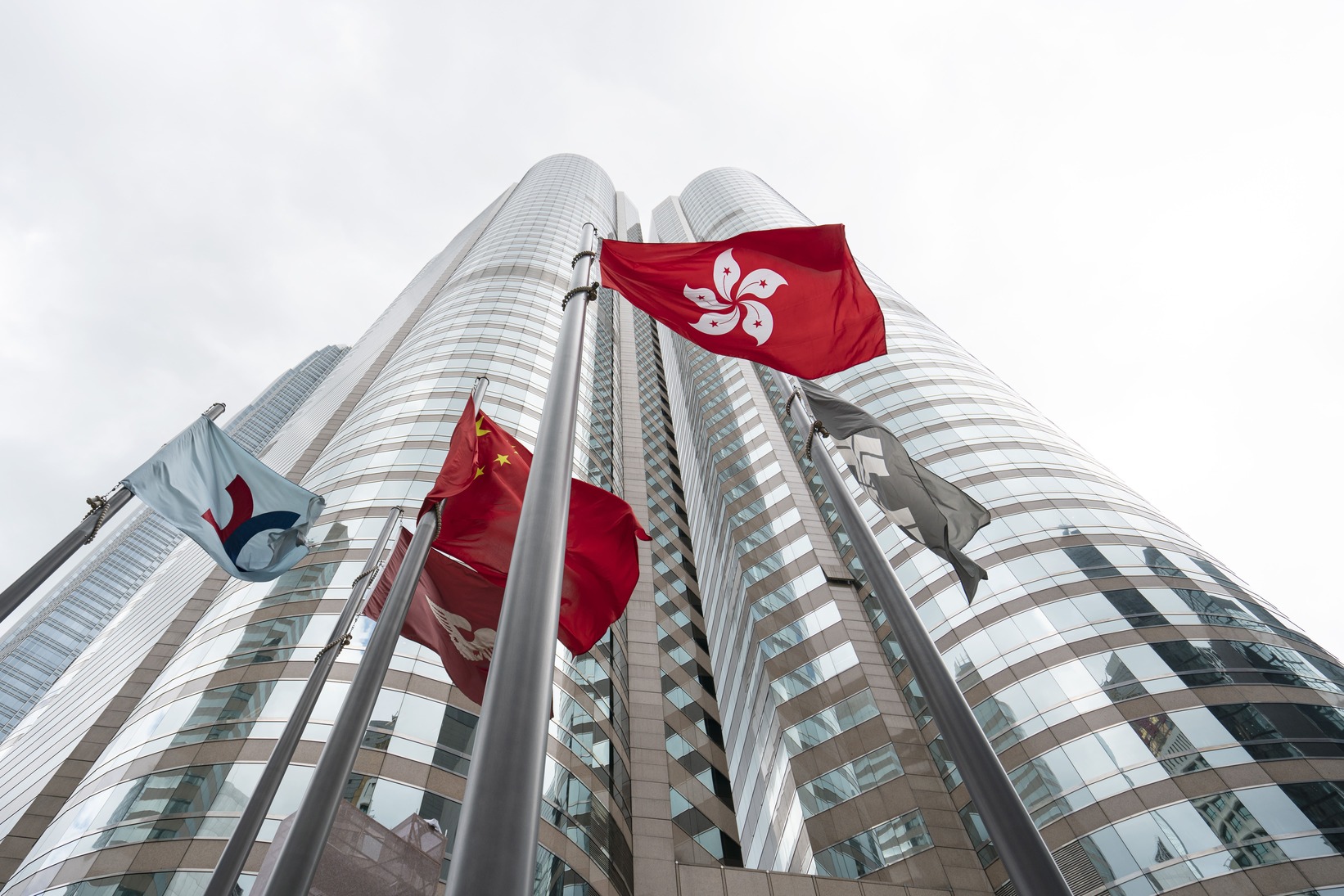Economy
With its strategic location at the doorway to the Mainland of China and in a time zone that bridges the gap between Asia and Europe, Hong Kong serves as a global centre for trade, finance, business and communications.
Hong Kong is characterised by a high degree of internationalisation, business-friendly environment, rule of law, free trade and free flow of information, open and fair competition, well-established and comprehensive financial network, superb network of transport and communications infrastructure, sophisticated support services, and a well-educated workforce complemented by a pool of efficient and enterprising entrepreneurs. It has one of the busiest airports in terms of number of passengers and volume of international cargo handled and one of the busiest container ports. Added to these are substantial foreign exchange reserves, a fully convertible and stable currency, prudent fiscal reserves and a simple tax system with a low tax rate.
Hong Kong is firmly committed to free trade. It is one of the founding members of the World Trade Organization (WTO), and continues to be a full member on its own under the principle of “One Country, Two Systems”.
Hong Kong has risen to 3rd place in the World Bank Group’s latest Doing Business 2020 study, which rates 190 economies in terms of the ease of doing business.
More information about Hong Kong's economy can be found here.
International Rankings
Hong Kong has achieved impressive progress as Asia’s world city, which is reflected in various international rankings covering a range of areas:
1st place in economic freedom between 1995-2020 (Heritage Foundation, US)
2nd place in economic freedom in 2023 (Fraser Institute, Canada)
2nd largest Foreign Direct Investment (FDI) recipient in Asia
3rd largest recipient of FDI flows globally (World Investment Report 2022 by United Nations Conference on Trade and Development, Switzerland)
3rd place in ease to do business in 2020 (Doing Business study by World Bank Group, US)
5th most competitive economy globally (World Competitiveness Yearbook 2022 by International Institute for Management Development, Switzerland)
7th largest importer and 9th largest exporter in the world (World Trade Organization, Switzerland)
Gateway to China
China has become the world’s second largest trading nation since its opening up in 1978. Under the “One Country, Two Systems” principle, Hong Kong has taken advantage of its unique geographical position and special relationship with its motherland to build on its role as the Gateway to China. Since reunification, Hong Kong has remained the world’s freest and most competitive economy, offering one of the most vibrant and friendly business environments, as well as excellent infrastructure and quality of life. With its strategic location at the doorway to the Mainland and within four hours flight distance to all Asian key markets, Hong Kong serves as a global centre for trade, finance, business and communications.

Financial Centre
As China’s Global Financial Centre and international trade and shipping centre, Hong Kong offers comprehensive services and excellent expertise. Thanks to the long-standing and staunch support from the Central People’s Government, Hong Kong has benefited from a package of new measures announced in June 2012 in promoting Renminbi (RMB) trade and accelerating the process of the internationalisation of RMB. Hong Kong is the leading platform for offshore RMB business, handling over 70 percent of China’s global RMB trade.

Trade Partnerships
The Mainland and Hong Kong Closer Economic Partnership Arrangement (CEPA) – a free trade arrangement on closer economic and trade partnership signed in 2003 – opens up huge markets for the Hong Kong trade on goods and services and greatly enhances the already close economic cooperation and integration between Hong Kong and Mainland China. CEPA is nationality-neutral and provides a platform for companies based in Hong Kong, both domestically- and foreign-owned, to tap into the huge opportunities in Mainland China.
More information about CEPA can be found here.